Run your code aboard the International Space Station with Astro Pi
Each year, the European Astro Pi Challenge allows students and young people in ESA Member States (or Slovenia, Canada, or Malta) to write code for their own experiments, which could run on two Raspberry Pi units aboard the International Space Station.
The Astro Pi Challenge is a lot of fun, it’s about space, and so that we in the Raspberry Pi team don’t have to miss out despite being adults, many of us mentor their own Astro Pi teams — and you should too!
So, gather your team, stock up on freeze-dried ice cream, and let’s do it again: the European Astro Pi Challenge 2019/2020 launches today!
The European Astro Pi Challenge 2019/2020 is made up of two missions: Mission Zero and Mission Space Lab.
Astro Pi Mission Zero
Mission Zero has been designed for beginners/younger participants up to 14 years old and can be completed in a single session. It’s great for coding clubs or any groups of students don’t have coding experience but still want to do something cool — because having confirmation that code you wrote has run aboard the International Space Station is really, really cool! Teams write a simple Python program to display a message and temperature reading on an Astro Pi computer, for the astronauts to see as they go about their daily tasks on the ISS. No special hardware or prior coding skills are needed, and all teams that follow the challenge rules are guaranteed to have their programs run in space!
Mission Zero eligibility
- Participants must be no older than 14 years
- 2 to 4 people per team
- Participants must be supervised by a teacher, mentor, or educator, who will be the point of contact with the Astro Pi team
- Teams must be made up of at least 50% team members who are citizens of an ESA Member* State, or Slovenia, Canada, or Malta
Astro Pi Mission Space Lab
Mission Space Lab is aimed at more experienced/older participants up to 19 years old, and it takes place in 4 phases over the course of 8 months. The challenge is to design and write a program for a scientific experiment to be run on an Astro Pi computer. The best experiments will be deployed to the ISS, and teams will have the opportunity to analyse and report on their results.
Mission Space Lab eligibility
- Participants must be no older than 19 years
- 2 to 6 people per team
- Participants must be supervised by a teacher, mentor, or educator, who will be the point of contact with the Astro Pi team
- Teams must be made up of at least 50% team members who are citizens of an ESA Member State*, or Slovenia, Canada, or Malta
For both missions, each member of the team has to be at least one of the following:
- Enrolled full-time in a primary or secondary school in an ESA Member State, or Slovenia, Canada, or Malta
- Homeschooled (certified by the National Ministry of Education or delegated authority in an ESA Member State or Slovenia, Canada, or Malta)
- A member of a club or after-school group (such as Code Club, CoderDojo, or Scouts) located in an ESA Member State*, or Slovenia, Canada, or Malta
Take part
To take part in the European Astro Pi Challenge, head over to the Astro Pi website, where you’ll find more information on how to get started getting your team’s code into SPACE!
*ESA Member States: Austria, Belgium, Czech Republic, Denmark, Estonia, Finland, France, Germany, Greece, Hungary, Ireland, Italy, Luxembourg, the Netherlands, Norway, Poland, Portugal, Romania, Spain, Sweden, Switzerland and the United Kingdom
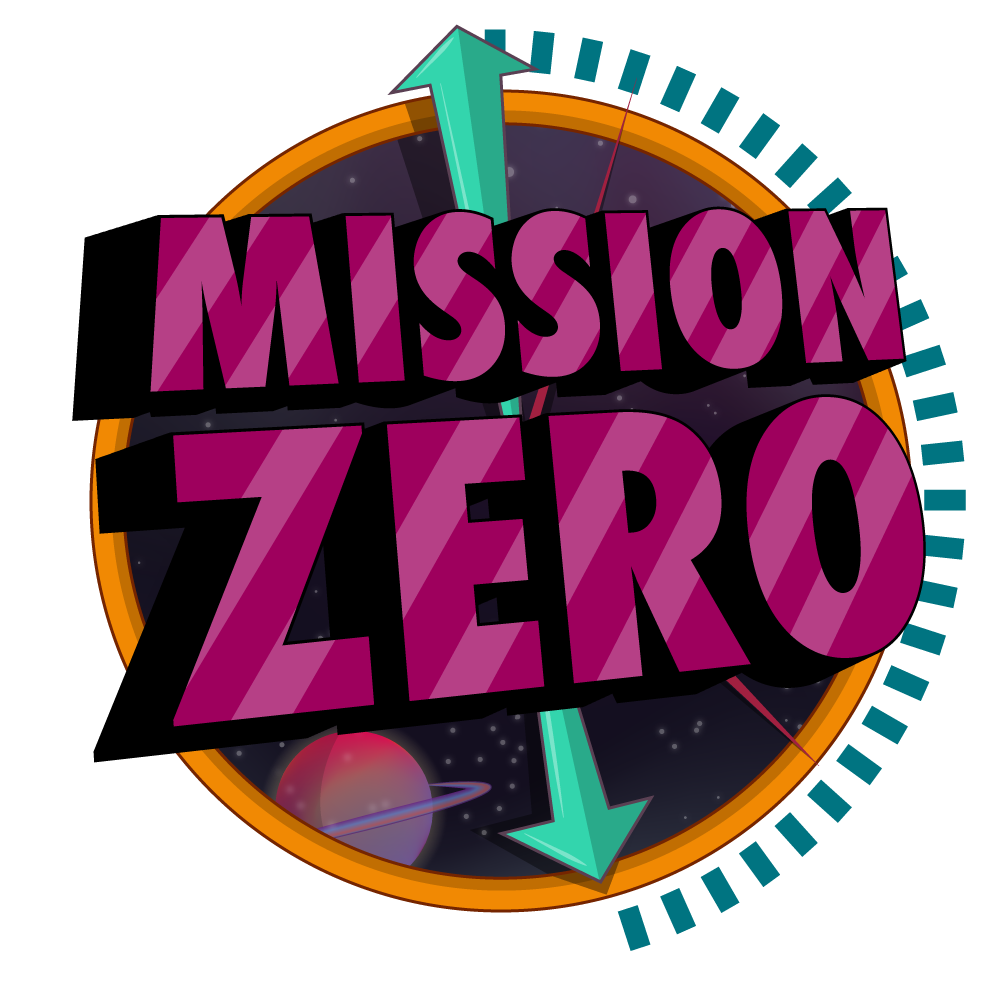
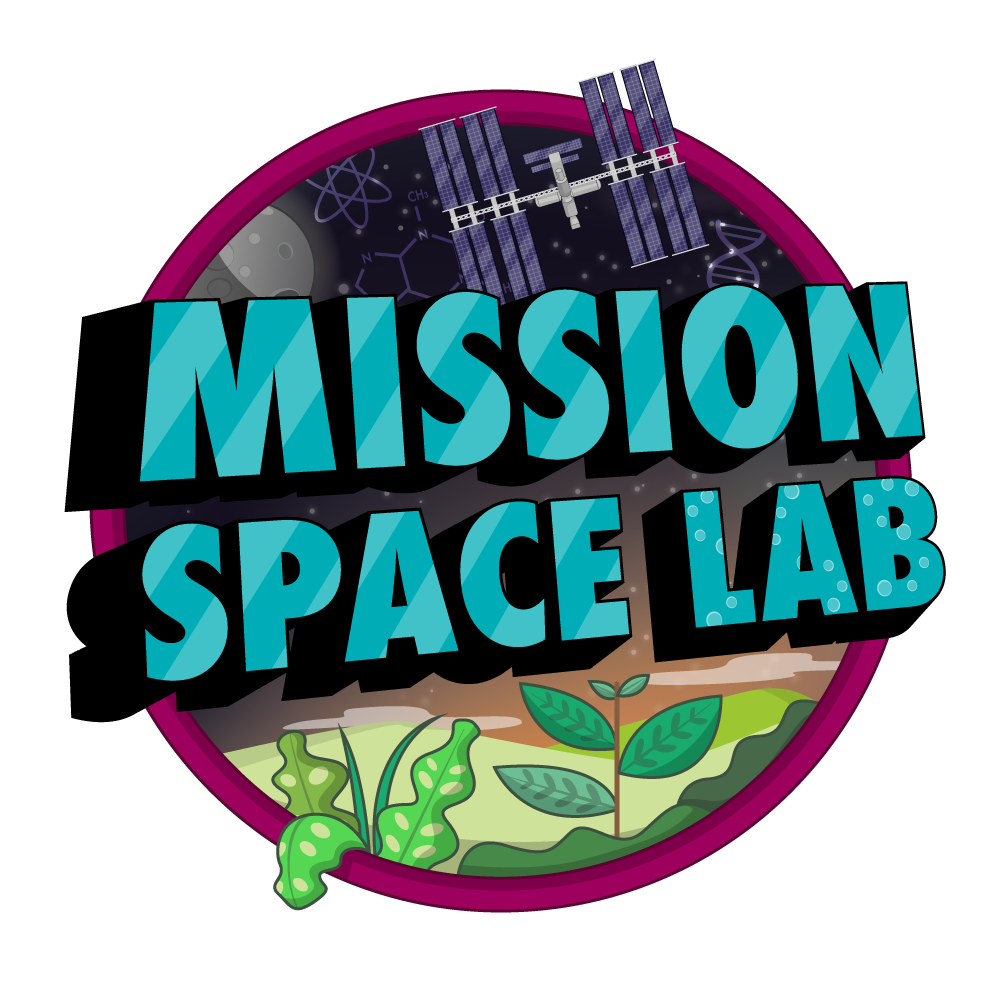
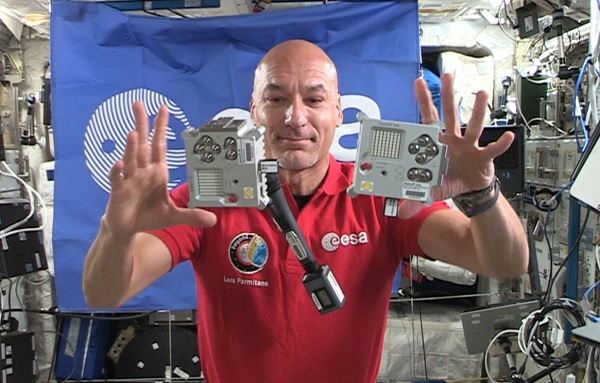
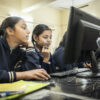
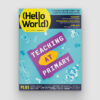
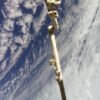
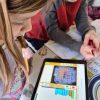

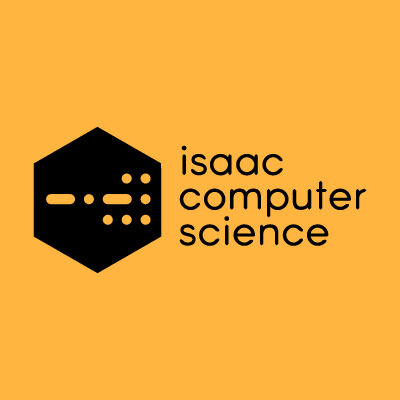
4 comments
Holger keith
oh, you need more oxygen on the iss with some computers?!
i know there were better computers which did not “burn” inside or get warm. -breath raspberry breath lol-
well its not on the moon with no water for oxygen like in the 18th century?! or in the 50s?
i forgot now how to program. do you have a 3d printer running? for me? i lost mine.
i was the astro with Bayic on a Sinclair Computer in the 80s..so greetings to you!
bruce blosser
What about a contest for any age, and also for people in the USA, why are 300,000,000 people being blocked from these experiments? Seems pretty lame to me!
Raspberry Pi Staff Liz Upton
Please read the post more carefully, and if you’re still interested, read other posts here about the program or visit the Astro Pi website. Astro Pi is run by the European Space Agency; we’d love to run something equivalent with NASA and other space agencies too, but in this instance the partner is European.
This is a program for kids, to show them that their engineering can have real-world (or real-space) consequences and uses. It’s a teaching program, which is why it stops at the age of 19.
Fortunately, if you read the whole post you’re commenting on, you’ll see that there are ways for people outside Europe, and for older people, to take part. If you’re under 19 and outside Europe you can join a team with at least 50% European nationals in it, and will be able to enter. If you’re older, you can take part as a mentor or teacher. As with all teaching and learning programs, it’s helpful if the people participating are able to read to the end of an article so all their questions are answered.
Kevin Munroe
Hi Liz, what would be the best way to get NASA to do something like this?